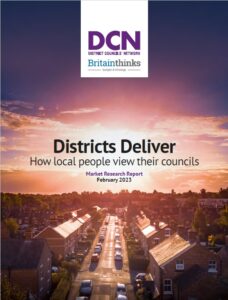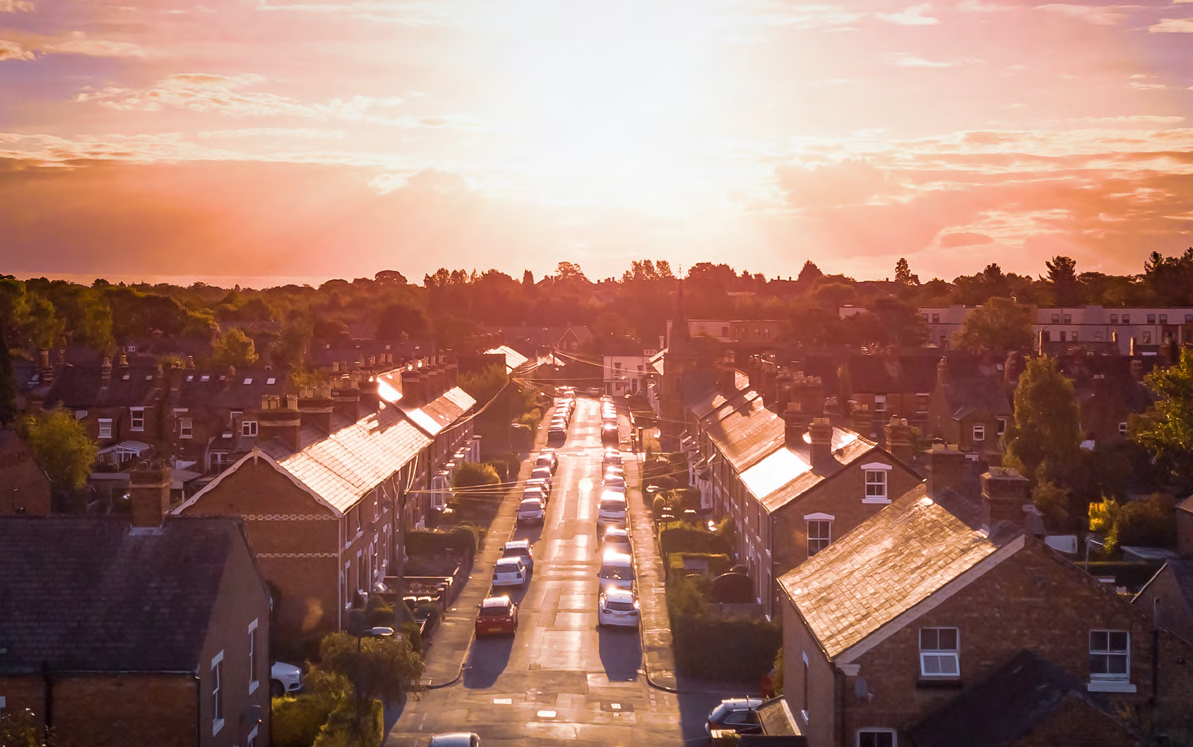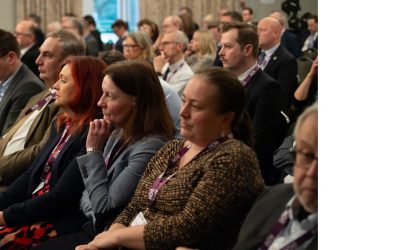Districts Deliver: How local people view their councils
Exclusive research has revealed unprecedented insight into the value people place on universal local public services and their trust in the councils providing them.
The District Councils’ Network commissioned the independent analysts BritainThinks to survey people living in the English shires about their attitudes to the local public services in their area. 
BritainThinks’ polling makes clear the significant perceived value of services such as waste collection, street cleaning and leisure services which are open to all residents but have sometimes been neglected in the national debate about local government.
You can read the full report here.
BritainThinks’ full data can be read here.
And you can read DCN’s press release on the findings here.
Waste collection was the single most valued service, with 92% of people considering it essential.
| % of respondents who consider service area essential or very important | |
| Waste collection | 92% |
| Street cleaning | 85% |
| Housing | 79% |
| Economic development | 74% |
| Planning | 69% |
| Leisure and recreation | 67% |
The survey of 1,000 people living in English shire areas with both district and county councils also revealed a significant level of public backing and trust in district councils.
The survey revealed greater name-recognition for district councils – the most localised principal authorities – than for the far larger county councils, with 59% of residents being able to identify their district, compared to 32% their county council.
Fifty-four percent of people expressed satisfaction with their district council, compared to 46% for county councils. Meanwhile, 63% of people described their district council as high-quality.
Districts were more trusted to boost local pride, bring local people’s views into decision making, tackle social issues and respond to local emergencies than county councils or national government.
| District council | County council | National Govt | |
| Helping people to feel proud of their local area | 66% | 28% | 6% |
| Bringing the views of local people into decision making about my local area | 62% | 32% | 6% |
| Tackling social issues in our
Neighbourhoods |
62% | 31% | 8% |
| Responding and dealing with emergencies in the community | 51% | 39% | 10% |






